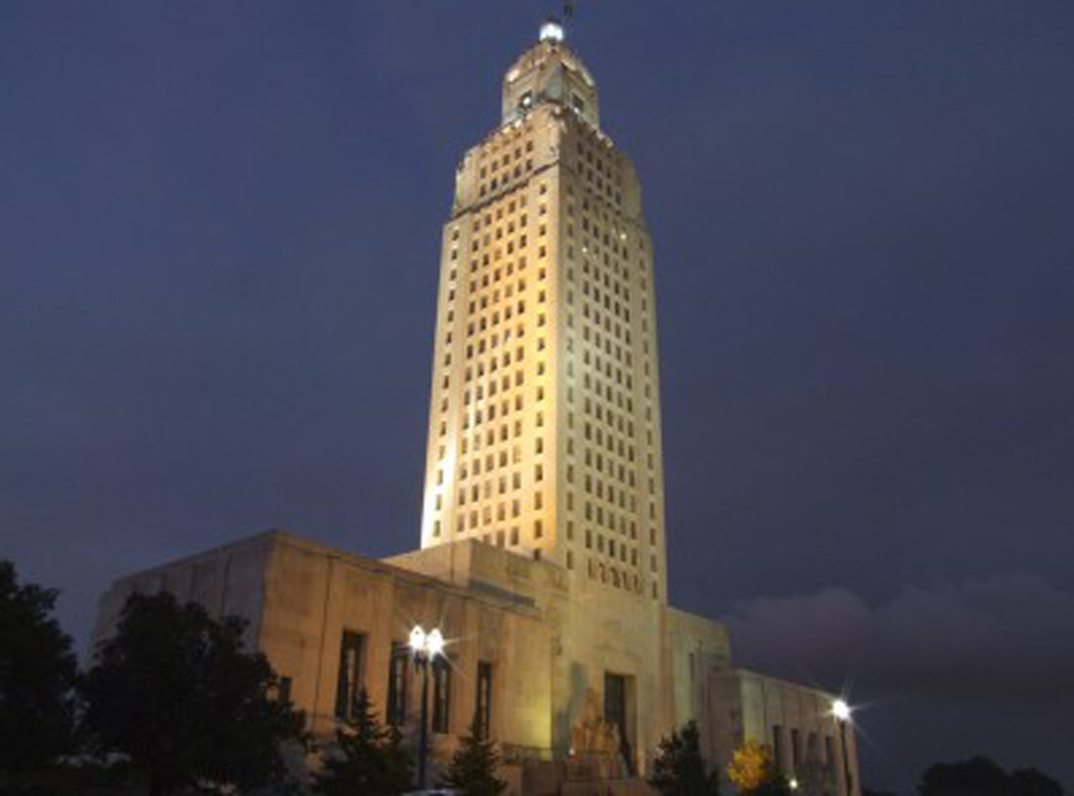BATON ROUGE — Louisiana’s senators prioritized home- and community-based services for the elderly and disabled Monday as they crafted their version of next year’s nearly $26 billion state operating budget, which would leave the TOPS college tuition program and safety net hospitals short.
The Senate Finance Committee heavily reworked the budget proposal passed by the House to finance state government in the financial year that begins July 1, which contains $600 million less than needed to continue all existing programs and services.
The budget proposal heading to the full Senate for consideration Wednesday would provide 48 percent of the financing needed to fully pay for all students eligible for TOPS. Safety net hospitals that care for the poor and uninsured would take cuts, with the state health department left to determine how to divvy up the reductions.
Finance Chairman Eric LaFleur, D-Ville Platte, said that “could lead to the closure of one of those hospitals. Absolutely, that could happen.”
Higher education, the LSU medical schools, K-12 public schools and the voucher program that provides taxpayer-financed tuition for private schools all would face cuts. Public safety and social service programs, state parks and museums and most areas of state government would be on the chopping block.
But the Medicaid “waiver” programs that provide home- and community-based care for the elderly and disabled wouldn’t take hits. That decision comes only days after parents of disabled children and children of elderly parents packed a committee hearing, begging senators to spare their health care services from cuts.
“I’m much happier” with this version of the budget, said Sen. Regina Barrow, D-Baton Rouge. “But it does not get us where we need to be.”
While the House largely took its own approach with the budget version it passed, senators worked more closely with Gov. John Bel Edwards’ administration in rewriting the bill.
Both administration officials and senators on the Finance Committee stressed that they hoped more money could be raised to fill some of the gaps that remain in the budget proposal in an upcoming special session.
The legislative session ends June 6. But the Democratic governor is asking lawmakers to convene a special session only minutes later to make tax changes that could help lessen cuts.
Commissioner of Administration Jay Dardenne, the governor’s chief financial adviser, said the Senate’s version of the budget was an improvement from the House proposal.
“Virtually every area of the budget has got some shortfalls,” Dardenne said. But he added: “At least we have some balance now.”
The House version of the spending plan would have provided about three-quarters of the money needed for TOPS. But it came up with that money by diverting fees that people pay for services away from agencies providing those services. Senators didn’t believe the diversion was legal and reversed it, agreeing with the Edwards administration.
“It was fake money. They never funded TOPS. They funded it with a means of financing that was illegal. You could not do it,” LaFleur said.
Sen. Sharon Hewitt, R-Slidell, said the TOPS shortfall was a “big heartburn” for her. She committed to working with the Edwards administration to try to find more money to fill the gap, and LaFleur said the governor committed that one-third of any additional money raised in the special session would be used to pay for TOPS.
Senators also refused to agree with a House decision to give Attorney General Jeff Landry his own budget bill. The Finance Committee instead incorporated Landry’s agency into the main budget bill that provides spending plans for the other state departments.




